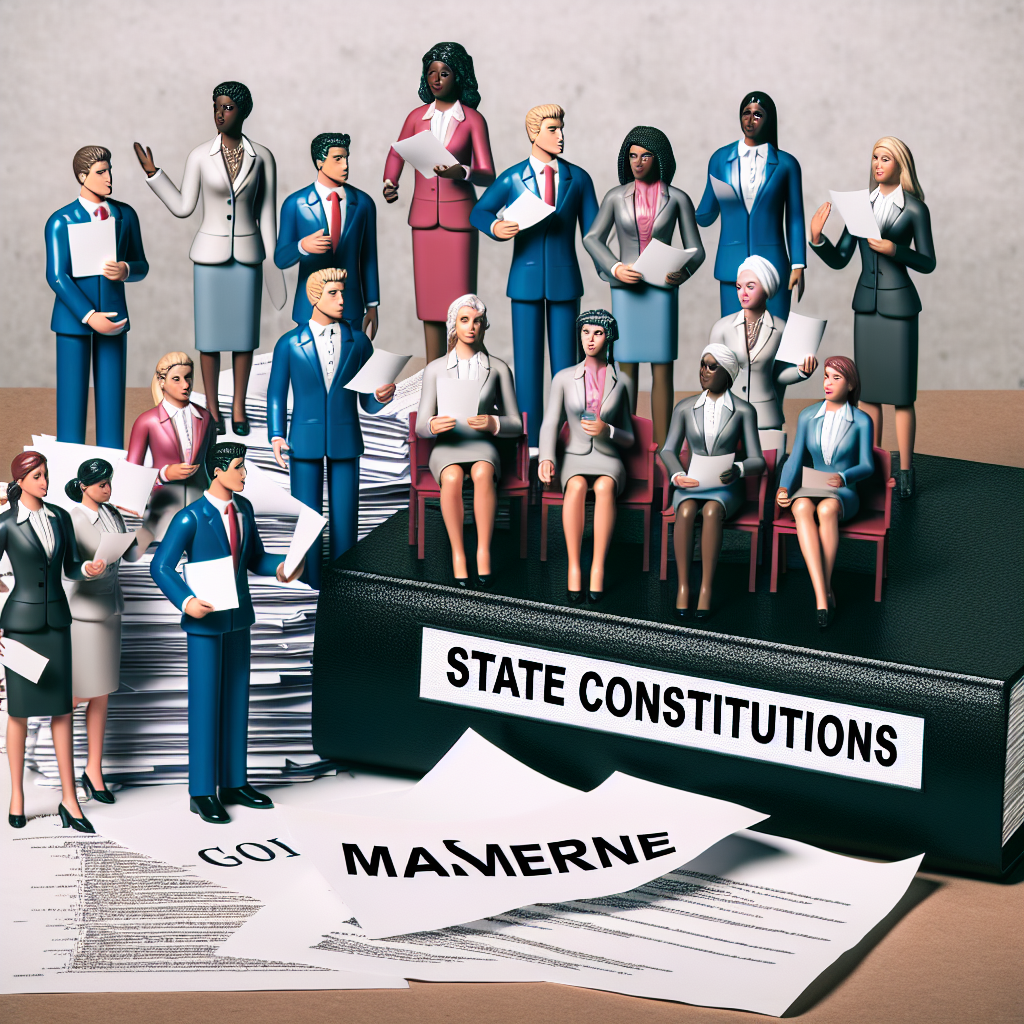Despite Record Female Representation, State Constitutions Still Assume Male Officials
Record Female Representation in Politics
Despite significant strides in female political representation, state constitutions across the United States continue to reflect outdated gender assumptions. This discrepancy highlights a gap between modern political realities and historical legal language.
Outdated Constitutional Language
Many state constitutions still use male-centric language when referring to public officials, which can perpetuate gender biases and overlook the contributions of women in governance.
- Constitutions often use terms like “he” or “his” to describe officials.
- This language persists despite women holding record numbers of political offices.
- Efforts to update these documents face legal and bureaucratic hurdles.
Implications of Gendered Language
The continued use of male pronouns in legal documents can have several implications:
- It may reinforce outdated gender norms and stereotypes.
- It can undermine the legitimacy and visibility of female officials.
- It highlights the need for constitutional reforms to reflect gender equality.
Conclusion
While female representation in politics has reached unprecedented levels, the language in state constitutions remains a relic of the past. Updating these documents is crucial to ensuring they reflect the diverse and inclusive nature of modern governance.




































